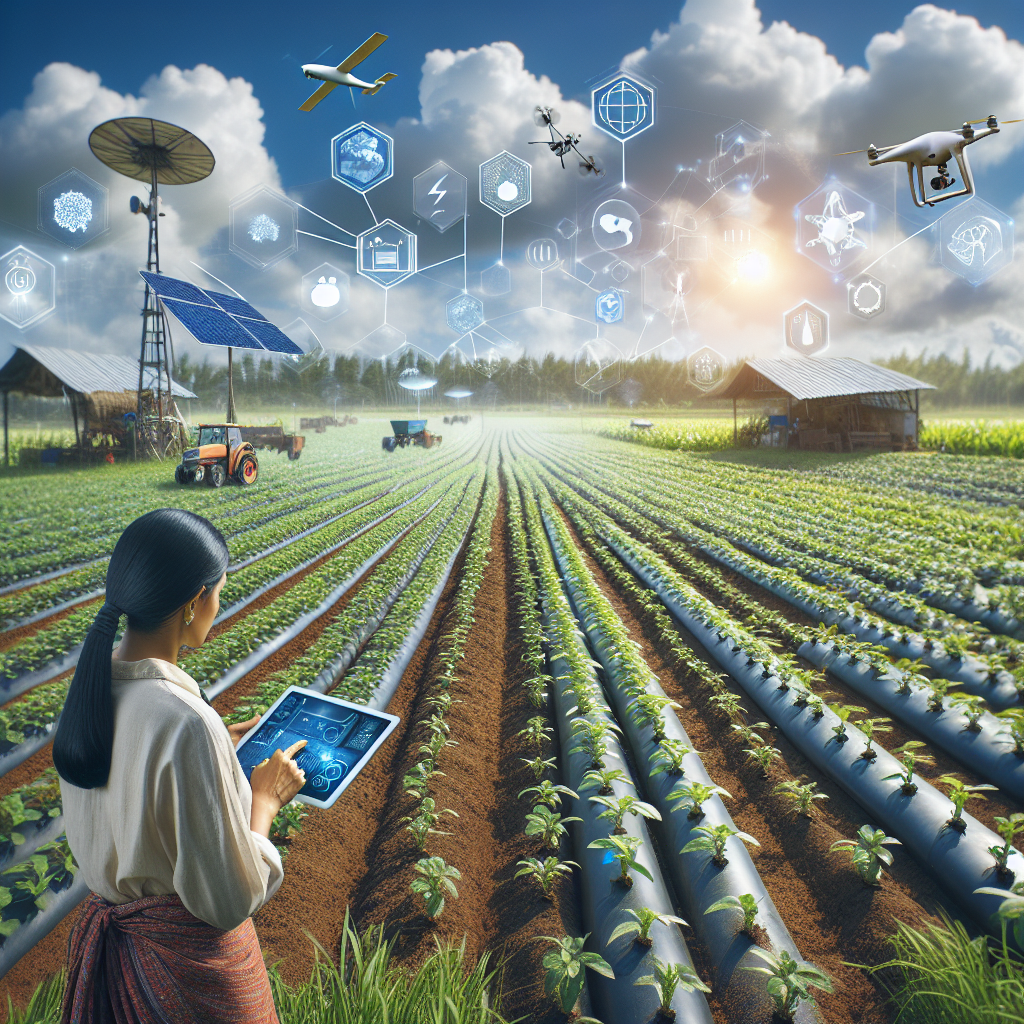Are you interested in how technology is revolutionizing the agriculture industry? Look no further than IoT and smart farming. These innovative technologies are enhancing efficiency in agriculture, making it easier for farmers to produce more crops with fewer resources.
Precision farming is one of the key components of smart farming. This approach uses data analytics and sensors to optimize crop yields and reduce waste. By collecting real-time information about soil conditions, weather patterns, and plant health, farmers can make better decisions about when to plant, water, and harvest their crops. This not only increases productivity but also reduces the environmental impact of farming practices.
Vertical agriculture is another exciting development in the world of smart farming. This method involves growing crops in vertically stacked layers, often in indoor environments. By using controlled environments and LED lighting, farmers can grow crops year-round without relying on traditional outdoor farming methods. Vertical agriculture is a sustainable practice that can help address food security issues by increasing crop production in urban areas.
When it comes to sustainability, smart farming offers several benefits. By using precision farming techniques and vertical agriculture, farmers can reduce water usage, minimize pesticide use, and decrease greenhouse gas emissions. These practices not only benefit the environment but also improve the long-term viability of agricultural operations.
While some critics may raise concerns about GMOs (genetically modified organisms) in smart farming practices, it’s important to note that these technologies have been rigorously tested for safety and efficacy. GMOs can help increase crop yields, improve resistance to pests and diseases, and enhance nutritional content. With proper regulation and oversight, GMOs can be a valuable tool for sustainable agriculture.
In conclusion, IoT and smart farming are transforming the agriculture industry by enhancing efficiency, promoting sustainable practices, and improving crop yields. By embracing these technologies, farmers can meet the challenges of feeding a growing global population while protecting the environment for future generations.

Leave a Reply